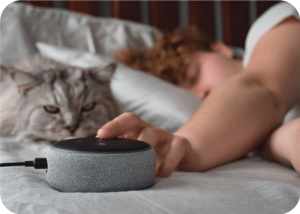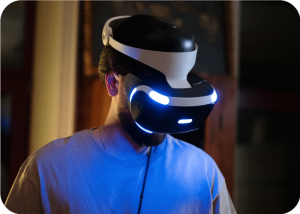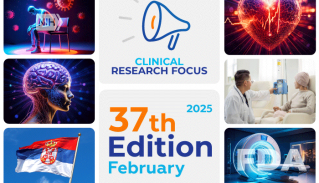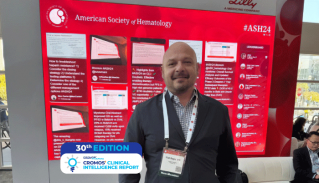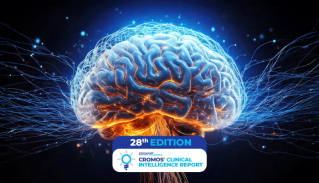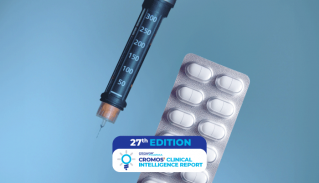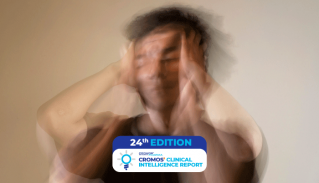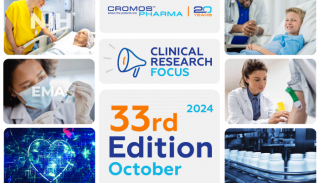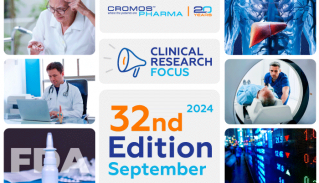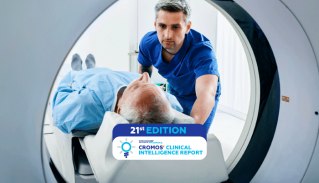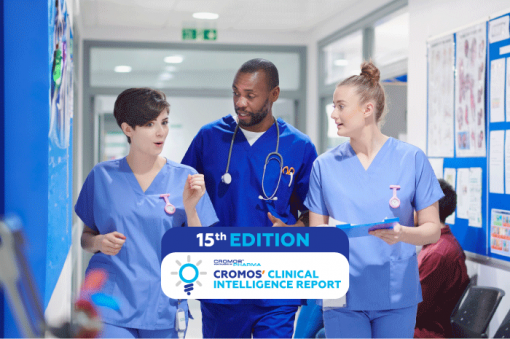
Celebrating Clinical Trials Day: Highlighting the Outside-the-Box Studies that Push the Boundaries
May 20th is Clinical Trials Day, a time to honor the vital role clinical research plays in advancing medical science. While this day traditionally highlights the rigorous and essential work behind clinical trials, we thought it would be fun to celebrate in a different way – by showcasing some of the most unconventional, surprising, and unusual clinical studies conducted in recent years.
Humans are inherently curious, and this curiosity often leads to some unexpected and unconventional scientific discoveries. Although these experiments might seem ‘outside the box,’ they have contributed significantly to scientific advancements. Let’s explore some of the most peculiar clinical trials from the past few years.
Microsoft: Gaming to Improve Cognitive Function in Older Adults
Microsoft launched a clinical trial to explore whether video games can help improve cognitive function in older adults. The study involved participants aged 60 and above who played specifically designed video games aimed at enhancing memory, attention, and problem-solving skills.
Outcome: Results showed that regular gameplay could significantly improve cognitive functions in mature adults. This study suggests that incorporating certain types of video games into daily routines could be a fun and effective way to combat cognitive decline.
Gut Microbiome Transplant for Treating Autism
A clinical trial investigated the efficacy of fecal microbiota transplantation (FMT) in treating Autism Spectrum Disorder (ASD). Researchers at Arizona State University introduced healthy donor microbiota into the gut of children with ASD, aiming to alter their gut microbiome composition.
Outcome: Results showed significant improvements in both gastrointestinal symptoms and core behavioral symptoms of autism. Participants exhibited enhanced social skills, better communication, and reduced repetitive behaviors. These positive effects persisted for two years post-treatment. This innovative approach suggests that microbiome modulation could provide a long-term benefit for individuals with ASD, offering a novel and promising treatment avenue for a condition traditionally focused on behavioral and pharmaceutical interventions
Amazon: Using Alexa for Early Detection of Mental Health Issues
Amazon initiated a clinical trial to explore whether their virtual assistant, Alexa, could detect early signs of mental health issues by analyzing changes in speech patterns and behaviors. The study involved participants who regularly interacted with Alexa while the system monitored and analyzed their vocal data for signs of depression, anxiety, and other mental health conditions.
Outcome: The study found that Alexa could identify early symptoms of mental health issues with a high degree of accuracy. This could revolutionize how we approach mental health care, making early intervention more accessible and less stigmatized.
Apple: Using Wearables to Monitor Parkinson’s Disease Progression
Apple launched a clinical trial to explore the potential of using their wearable technology, like the Apple Watch, to monitor the progression of Parkinson’s disease. The study involved patients with Parkinson’s who wore the devices to track their movement, heart rate, and other vital signs.
Outcome: The data collected from the wearables provided valuable insights into the daily fluctuations and progression of Parkinson’s disease. This information could help doctors personalize treatment plans and improve the quality of life for patients.
Using Virtual Reality to Treat PTSD
A clinical trial explored the efficacy of Virtual Reality (VR) technology in treating PTSD, particularly in veterans. Participants were exposed to trauma-related cues within controlled VR environments, enabling safe confrontation and coping with their triggers.
Outcome: Results indicated that VR exposure therapy significantly reduced PTSD symptoms and improved overall mental health in many participants. This innovative approach offers a promising non-pharmacological treatment option for PTSD, especially beneficial for those who do not respond well to traditional therapies
Exploring VR for Pain Management in Cancer Patients
A clinical trial was conducted to explore the efficacy of Virtual Reality (VR) technology in managing pain for cancer patients. Participants used VR headsets to experience immersive virtual environments aimed at reducing pain perception during their treatment.
Outcome: Results indicated that VR sessions significantly decreased pain levels and improved overall well-being in a subset of patients. This innovative approach provides a non-pharmacological option for pain relief, especially beneficial for those who do not respond well to traditional pain medications.
The Impact of Electric Cars on Driver Stress Levels
LEVC (London EV Company), which makes the electric black cabs operating in London, conducted a clinical trial to examine how driving electric cars affects stress levels compared to traditional gasoline-powered vehicles. The study involved participants driving both types of cars while their stress levels were monitored through physiological markers like heart rate and cortisol levels.
Outcome: The results indicated that drivers of electric cars exhibited significantly lower stress levels compared to those driving gasoline-powered vehicles. This finding suggests that electric vehicles could contribute to better mental health and overall well-being, in addition to their environmental benefits.
These unusual clinical trials showcase the innovative approaches taken by well-known companies to address diverse health and technological challenges. Whether using video games to enhance cognitive function, exploring VR for pain management, or investigating the impact of electric cars on stress levels, these studies demonstrate that thinking outside the box can lead to groundbreaking discoveries.
As we celebrate Clinical Trials Day, let’s appreciate the unusual and wonderful research that continues to push the boundaries of science and medicine.



